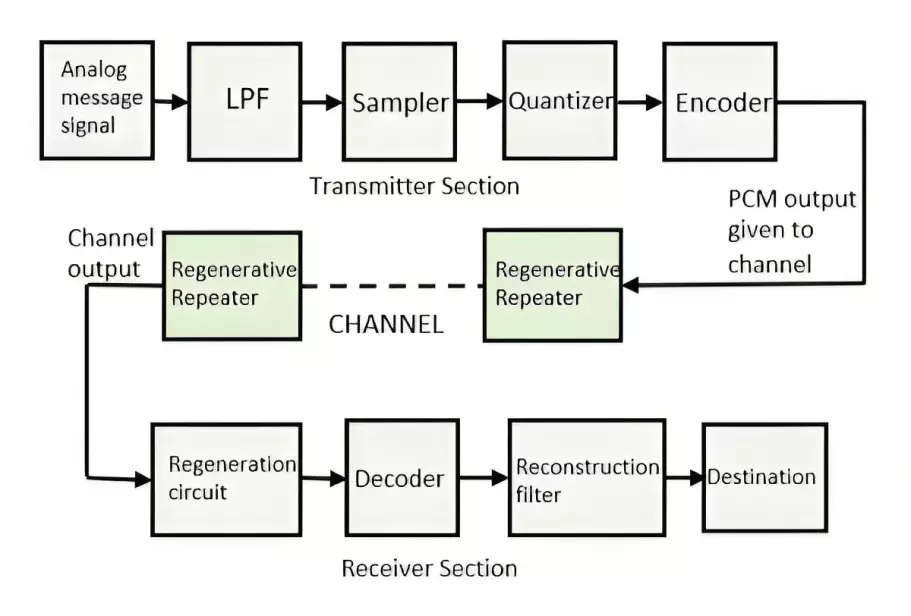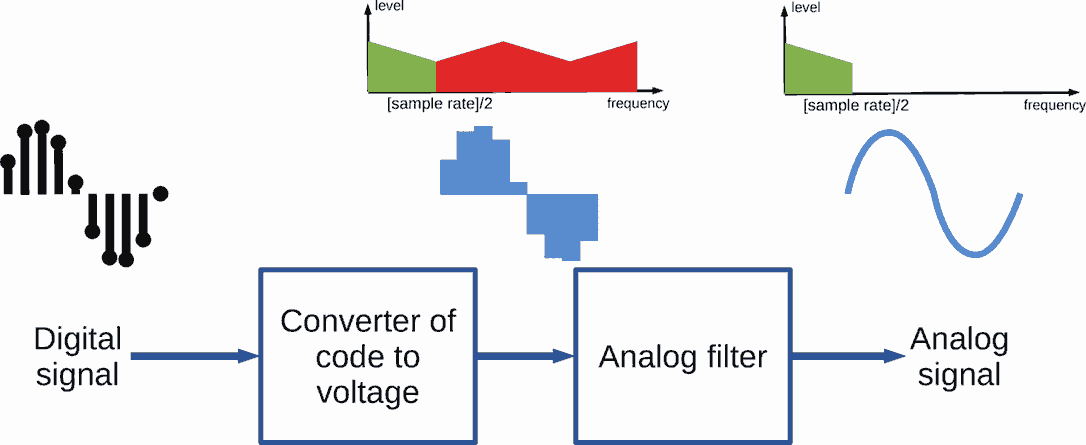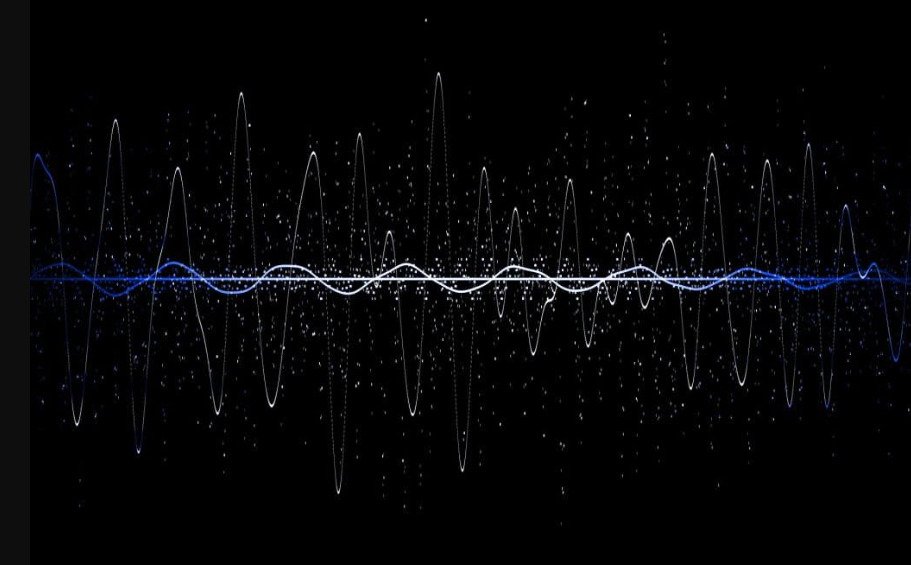Maybe you’ve recently picked up a shiny new smart TV and come across a mode called “PCM” while setting up the soundbar, or maybe you’re just curious to know if you should select PCM or Dolby Original.
Right?
Well, to understand whether you should use PCM or Dolby Original, you first have to understand both of them in detail.
In this article, I’m going to break down what exactly “PCM Audio” on a TV means and whether you should select PCM or Dolby Original as sound output.
Let’s move on…
What Does PCM Audio Mode Do In a TV?

As I mentioned, PCM stands for Pulse Code Modulation, and it plays a crucial role in the audio systems of modern TVs.
At its core, PCM is a technology that converts analog audio signals into digital ones.
It takes sound in its analog form and translates it into a digital language that can be easily processed and transmitted by your TV and connected audio devices.

The main advantage of PCM audio is that it preserves the original sound quality of the source, without any compression or loss of information.
Differences Between Dolby Original and PCM Audio

Dolby Original and PCM are two different ways of encoding and decoding audio signals.
Here are some of the differences between them:
| Feature | Dolby Original | PCM Audio |
|---|---|---|
| Encoding method | Matrix encoding to create four channels of sound from two optical tracks on the film print | Pulse-code modulation to convert analog audio signals into digital data |
| Noise reduction | Dolby A-type noise reduction to improve the signal-to-noise ratio and dynamic range of the analog sound | No noise reduction, but also no distortion or loss of information |
| Compatibility | Compatible with modern Dolby Digital cinema systems, as they can decode the analog optical tracks on the film prints | Compatible with most digital devices, such as TVs, Blu-ray players, game consoles, and soundbars |
| Sound quality | More immersive and realistic sound experience, with four channels of sound (left, center, right, and surround) | Original sound quality of the source, without any compression or loss of information |
| Sound effects | Cannot deliver some of the advanced surround sound effects that newer Dolby formats can offer | Cannot deliver surround sound effects such as Dolby Digital or DTS |
| Bandwidth & Storage | Requires less bandwidth and storage space than PCM, because it uses compression and noise reduction | Requires more bandwidth and storage space than Dolby Original, because it uses a high sampling rate and bit depth |
What Should You Set: PCM or Dolby Original?
That depends on what kind of sound experience you prefer and what devices you have.
As I explained before, PCM audio is better for preserving the original sound quality of the source, while Dolby Original is better for creating a more immersive and realistic sound experience.
If you prioritize uncompressed audio quality, minimal delays, and direct control over sound, PCM may be the preferred option. On the other hand, if you seek an immersive surround sound experience, efficient data compression, and compatibility with home theater systems, Dolby Original is a suitable choice.
Ultimately, your decision should align with your audio setup, the content you frequently consume, and your personal preferences for audio quality.
Experiment with both settings to determine which one offers the best audio experience for your specific needs.
F.A.Q.s
Q: When should I use PCM audio on my TV?
You might choose PCM audio when you have a high-quality audio system and want to preserve the original audio signal without any additional processing or compression.
It’s a good choice for audiophiles and purists.
Q: How does PCM audio differ from Dolby audio on a TV?
PCM audio is uncompressed and represents the audio signal as it is, while Dolby audio uses various encoding and compression techniques to enhance the audio quality and save bandwidth.
Dolby Audio typically provides a more immersive and dynamic audio experience.
Q: Does PCM audio offer better sound quality than Dolby on a TV?
Not necessarily.
The sound quality depends on various factors, including the source material and your audio equipment.
PCM audio can provide high-quality sound, but Dolby formats like Dolby Digital or Dolby Atmos are designed to offer more advanced audio experiences, especially in surround sound setups.
Q: Is PCM audio lossless on a TV?
Yes, PCM audio is typically considered lossless because it doesn’t use compression.
It accurately represents the original audio signal without any data loss. This can be important for audiophiles who want the purest audio quality.

Abdul Kader, a handy guy and experienced founder of a TV repair shop in Gulshan, Dhaka, Bangladesh. He is mainly an expert in understanding and repairing different types of issues with Smart TVs and providing helpful insights on how to keep them in good working order. Read his Full Story.

